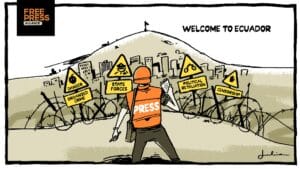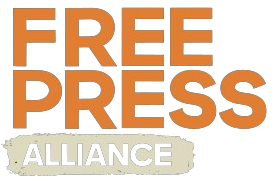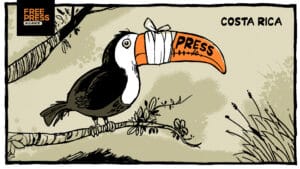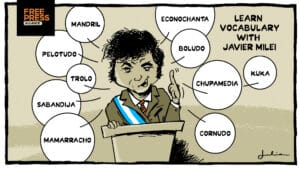
How escalating narcotraffic violence and institutional pressures are undermining press freedom in Ecuador
Ecuador is experiencing a deepening crisis that now strikes at the heart of its civic life. The twin pressures of organized crime-linked violence tied to narcotrafficking and institutional actions that curb press access and coverage are eroding press freedom across the country. Journalists and media outlets are confronting threats ranging from physical violence and death threats to legal harassment and censorship. This analysis examines how these forces are converging to restrict independent reporting, stifle accountability, and weaken democratic norms in Ecuador. Narcotrafficking violence as a catalyst for press suppression Since 2022, Ecuador has witnessed a dramatic surge in criminal violence driven by narcotrafficking networks competing for control of transit routes and illicit economies. This has contributed to one of the highest homicide rates seen in the country’s recent history. Such instability has had spillover effects on journalists covering corruption, security, and local governance. Threats from armed non-state actors and criminal


